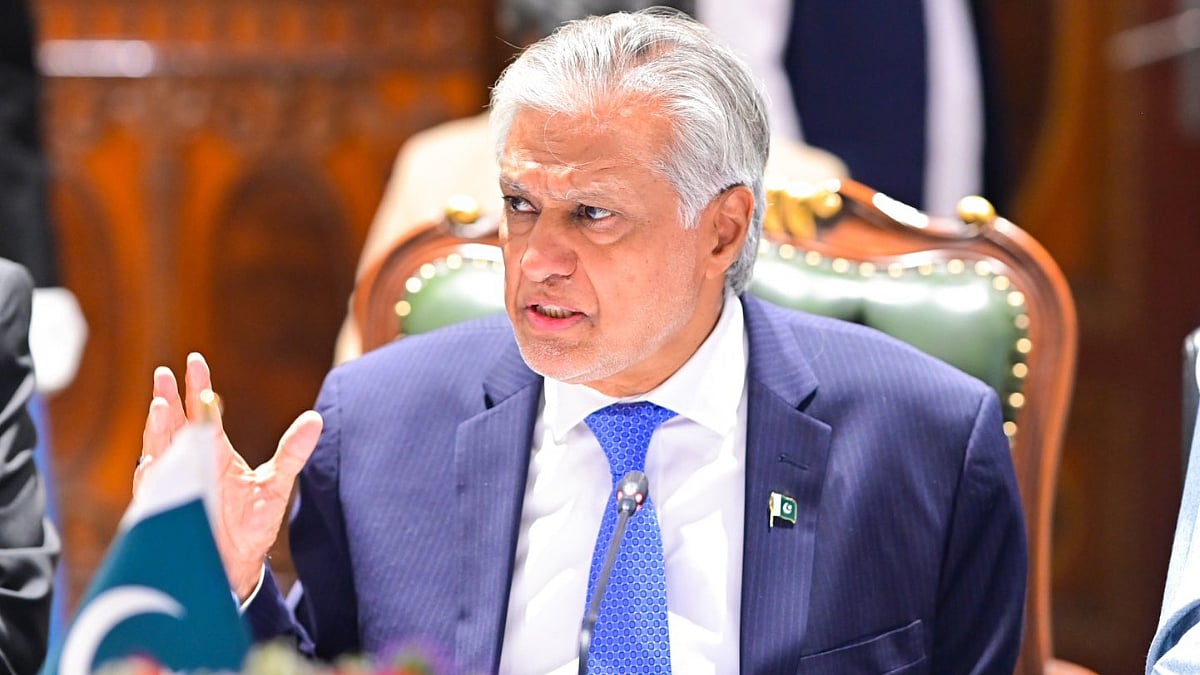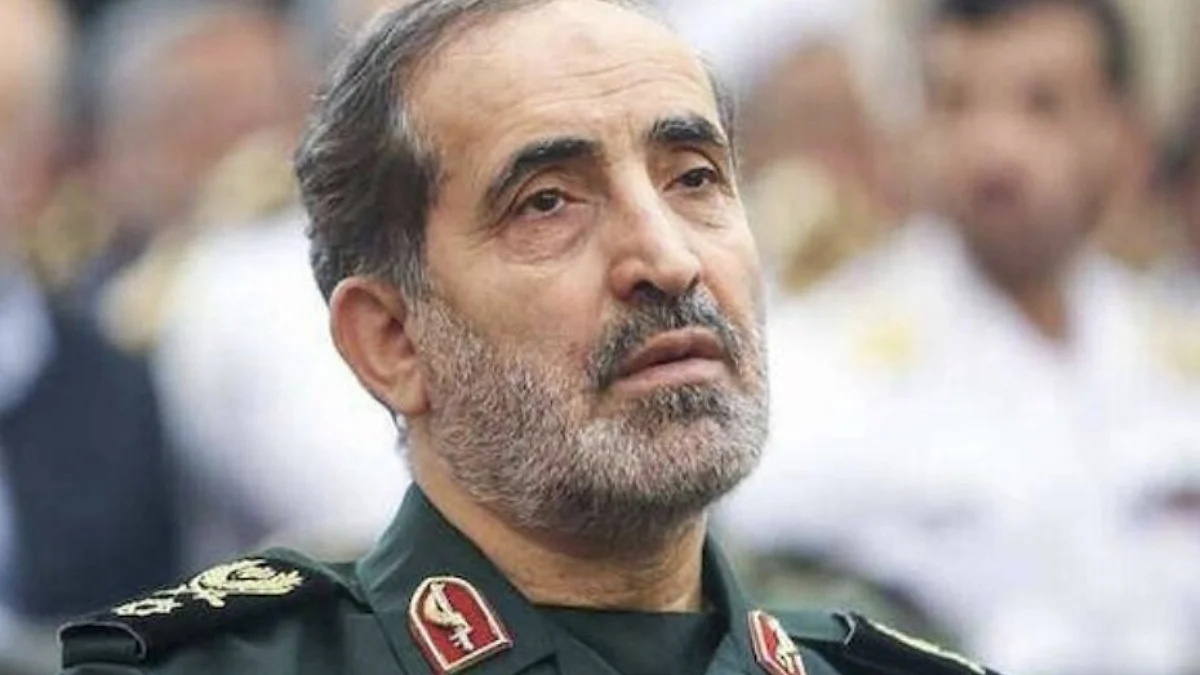On the fourth day of the Israel-Iran war, what is increasingly clear is that the conflict is spiralling out of control, with no end in sight. Despite Israel’s claims of military success — including striking the Quds Force (Islamic Revolutionary Guards Corps) headquarters in Tehran and asserting “full aerial superiority” over Tehran skies — the situation on the ground tells a more complex story. Iran, though battered, has managed to inflict considerable damage on Israeli cities, making life miserable for civilians and proving that it still has the capability to retaliate. The war’s toll has been rising on both sides. While Israel has reportedly targeted Iran’s oil installations and strategic infrastructure, including its main refinery, Iran has returned fire by hitting Israel’s largest oil refinery in Haifa Bay. The scale of destruction on either side remains unclear, but the global economic impact is already visible in the form of surging oil prices.
The humanitarian fallout is also alarming. With Israeli airports closed to civilian flights, thousands of its citizens abroad are stranded, placing an additional burden on the country’s overstretched defence apparatus. A mass airlift operation will not only be costly but could also become a target in a war that has no rules and no clear front lines. At the heart of Israel’s offensive is a strategic objective — to destroy Iran’s nuclear weapon capabilities before they become operational. However, the UN nuclear watchdog — International Atomic Energy Agency (IAEA) — has indicated that the most critical facility, located deep underground in Fordo near Qom, remains intact. Israel simply does not possess the bunker-busting capabilities needed to neutralise such subterranean threats — capabilities that only the United States holds.
There is also speculation that Israel hoped the war would lead to a regime change in Tehran. While it has succeeded in assassinating several key military and scientific figures and crippling parts of Iran’s energy sector, the regime itself shows no sign of collapse. Iran’s defiance continues, and its regional proxies like Hezbollah may be weakened, but they are far from eliminated. Unlike past skirmishes where both nations exercised restraint after trading blows, this time they appear fully committed to escalation. Iran has warned that any third-party intervention on Israel’s behalf will be met with direct retaliation — a threat that could drag the United States or the Gulf states into the conflict, igniting a wider regional war.

If the global objective remains to prevent Iran from acquiring nuclear weapons, the answer lies not in warfare but in diplomacy. The IAEA must be empowered to verify facts on the ground. Before the conflict ignites a wider conflagration, countries like India — which enjoy goodwill with both Tel Aviv and Tehran — must step in to broker peace. This war cannot be allowed to continue unchecked. It is a war that promises no victor — only mutual destruction.










